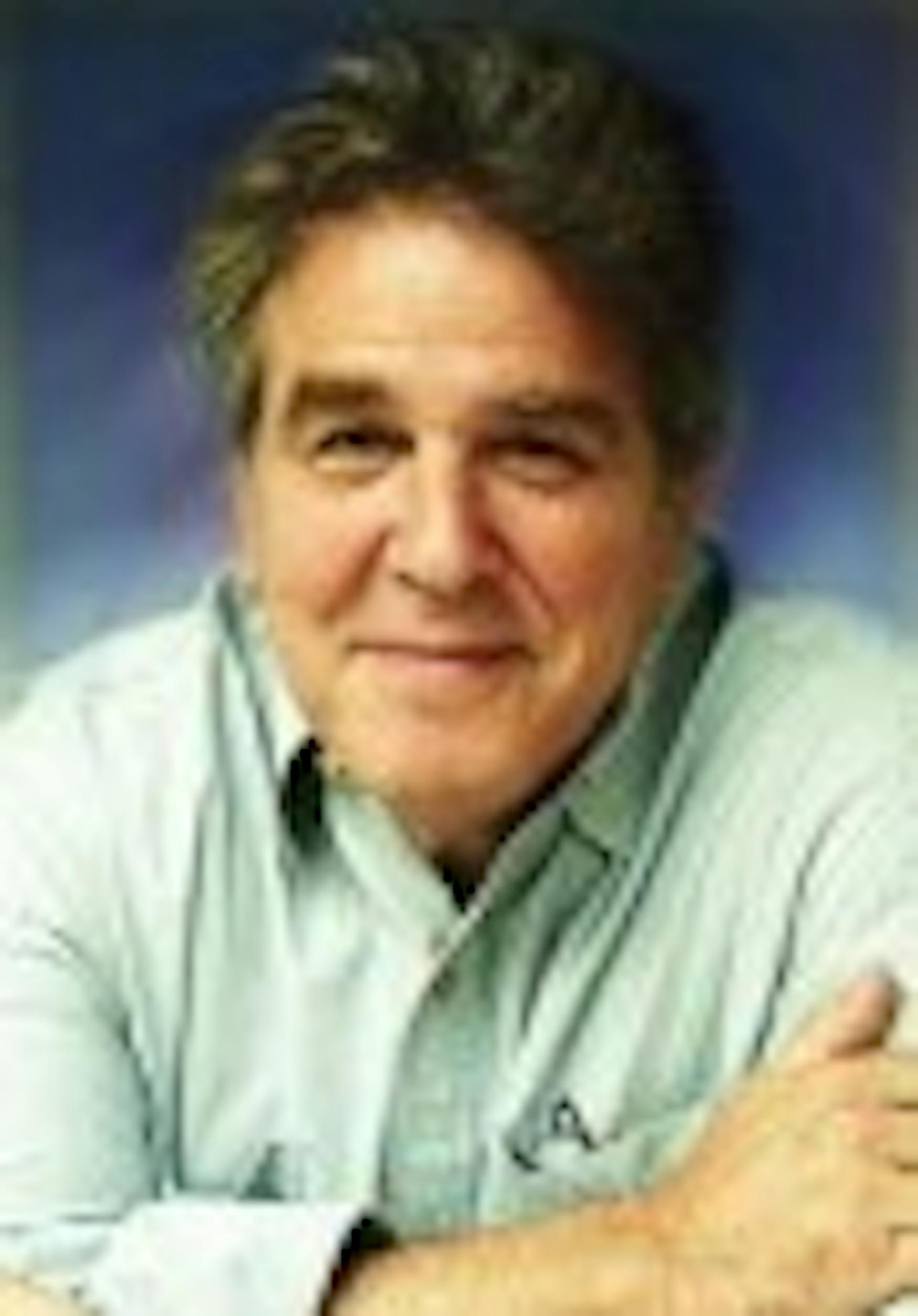Translating dreams into film
David Hardy inspired Brandeis' first film program in the 1960s
As part of the first class to graduate from the Brandeis film graduate program, Andrew Harmon '68, M.A. '70, remembers staring at packing crates of expensive film equipment in awe before being instructed by theater professor, David Hardy, to pick up the cameras and shoot footage. It was 1969, and students in Harvard Square were rioting in protest against the Vietnam War."The next thing we knew, we were in two cars driving down the Mass Pike to Cambridge, and the only thing I could see was a plume of smoke where they were burning their dorm furniture in Harvard yard. We shot this footage, and it was processed instantly, and it appeared on television that night," Harmon said.
For Harmon, the early days of Brandeis' film program were "kind of an 'if you could dream it, you can do it' type of thing."
Now a theater director, playwright and acting teacher, Harmon also enrolled in some of the first undergraduate film courses offered at Brandeis in 1967 and was among the first students to graduate from Brandeis' graduate film program.
The university will offer a Film Studies undergraduate major starting in the 2009-2010 academic year, in addition to the Film Studies minor that was introduced in 1994.
Brandeis offered its first film course in 1967, a film production course taught by British filmmaker David Hardy. Hardy's cameraman, David Westfall, helped teach the course, in the Spingold Theater. Students in the class were provided with expensive, state-of-the-art film equipment and given the freedom to make their own films.
Many of Hardy's former students, now filmmakers and film editors, recall Hardy's quirky personality and steadfast belief in the power of film.
"David [Hardy] believed in making good materials available to creative young people and letting them explore on their own," said Marty Ostrow '69, a former student of Hardy's, now a filmmaker in Cambridge. "He was there to offer guidance, but he wasn't there to offer any hardened, steadfast dogma about what film was."
Wendy Caplin '69, now a film editor in New York City, described some of Hardy's offbeat assignments.
"In one assignment called 'Burnt Toast,' Hardy divided the class into groups of five. Each group was given a subject and equipment and had to make a movie called 'Burnt Toast,' Caplin explained. In each film, there was a couple that had an argument, a piece of burnt toast and a death, Caplin said. In addition, at the end of the semester each student in the class was required to complete his own film.
"It was probably one of the most groundbreaking things for me," Caplin said. "It was such an opportunity. I don't think anything like that ever existed anywhere else, where there were so many brilliant professors all there just to hold our hands and guide us through."
Hardy's teaching philosophy, Caplin said, was, "You don't sit [students] down and [make them] study [something] relentlessly; you teach them something and then throw them out to do it."
Filmmaker Mickey Lemle '69 especially valued Hardy's hands-on approach to teaching.
"David taught [us] you can learn process and technique, [but] you can't learn how to determine if something works or not- that has to be done by doing. . An ability to make creative decisions, that's what you need to hone, and the only way to get good at it is to do it."
Hardy was especially focused on making sure the film program reflected the social change in the Boston area during that time.
Harmon said Hardy saw film as an important tool for social change.
In the late 1960s, "there was a lot of radical theater stuff happening," he said. "A lot of us thought theater was really important as a kind of social movement or social statement."
Harmon said some of the film students filmed the legendary Ford Hall takeover in 1969, in which black students took over the Ford Hall in an attempt to win better minority representation.
"We shot footage of a lot of stuff around this thing. It was our way of protesting," said Harmon. "There was such a lot of social activity, social unrest and this mission, that we could actually make a difference in the way people behaved toward each other."
Passionate about the importance of film, Hardy helped to create the Brandeis film graduate program in 1968 and came up with clever ways of raising money for the initiative.
"David had a golden tongue," Lemle said. "He would fly business class wherever he went, and by the time he landed he would have sold a movie to the person next to him. He would invite filmmakers to give a lecture, and we would film it, and he would somehow get it on PBS."
In May 1970, Hardy tragically died in a car crash on his way back from a fundraiser. The program struggled on for a few years after his death, but disintegrated soon thereafter. There is currently no film graduate program. In addition, after his death, the undergraduate film program slipped into inactivity as well, explained Film Prof. Alice Kelikian (HIST).
The film graduate program "was short-lived, but it was magnificent while it lasted," Harmon said. Harmon was one of two students to receive an M.F.A. in Directing Theater and Film in 1970. (Ostrow received the same degree in 1971.)
Because Hardy found the money to run the film program, Lemle said the administration allowed Hardy a certain amount of discretion to coordinate the program as he pleased.
"There was all this pressure on him for not teaching film appreciation, but he said, 'I got my own money,' [so] bug off," Lemle said. "It proved the golden rule, which was, 'if you have the gold you make the rules'.



Please note All comments are eligible for publication in The Justice.